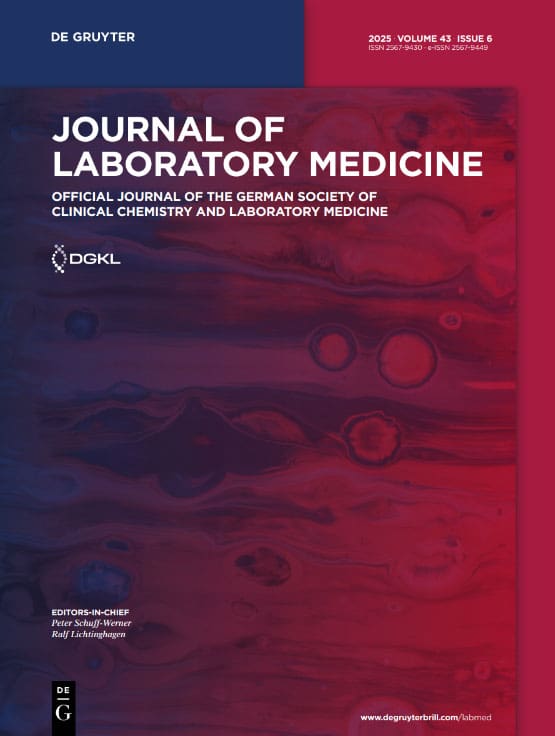Application value of ddPCR in rapid detection of pathogens in abdominal sepsis
ddPCR is a tool improving the detection and clinical management of critical infections. This prospective study verified ddPCR’s application value in pathogen detection for abdominal sepsis.
Methods
It was conducted in the First Affiliated Hospital of Chongqing Medical University from January 2021 to December 2022. And 164 patients with abdominal sepsis were enrolled. Strengths and weaknesses of abdominal sepsis pathogen detection via drainage fluid culture versus ddPCR were analyzed.

Results
In abdominal sepsis patients, 86 % of them detected pathogens using ddPCR, compared with 71.3 % using traditional methods. 208 bacterial strains were found by ddPCR, including 58.7 % (122/208) Gram-negative and 41.3 % (86/208) Gram-positive bacteria. 182 strains of bacteria (56.6 % Gram-negative, 43.4 % Gram-positive) and 15 strains of fungi were detected by the conventional method. Notably, 67.7 % of the patients were positive for both ddPCR and culture, and 10.4 % were negative. Using culture as the gold standard, for infections with two or more pathogens, ddPCR demonstrated 95.31 % sensitivity and 98 % specificity. Reporting time of the drainage fluid culture (40.85 ôÝ 1.61 h) was significantly longer than ddPCR (6.86 ôÝ 0.12 h) (p<0.001). A total of 52 patients were identified as carriers of drug-resistant genes through ddPCR analysis, of which 39 had their anti-infection treatment plans modified during the course of therapy.
Conclusions
ddPCR is a rapid and sensitive tool for the etiological detection of abdominal sepsis. However, it currently detects only specific pathogens and cannot differentiate between viable microorganisms and those that have already undergone apoptosis.
Keywords: abdominal sepsis; ddPCR; drug resistance genes; diagnosis; pathogens
Chen, Xiaoying, Xiao, Linlin and Peng, Yan. “Application value of ddPCR in rapid detection of pathogens in abdominal sepsis”




